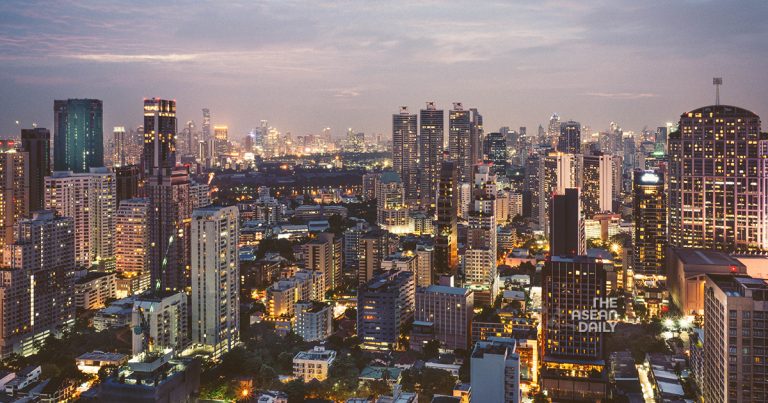25-8-2023 (BANGKOK) Thailand’s real estate sector, a crucial industry in the country’s economy, was expected to bounce back this year from the slump caused by the COVID-19 pandemic. However, the ongoing political uncertainty has raised doubts about the sector’s recovery.
More than three months after the general elections on May 14, a new cabinet has yet to be identified, and Prime Minister-designate Srettha Thavisin has not been officially sworn in. The delay in forming a new government and the resulting political vacuum have led to the postponement of unsold condominium units and new property launches in the capital city of Bangkok, reflecting the country’s uncertain political landscape and the frustration felt across the economy.
The real estate market plays a significant role in Thailand’s economy, contributing approximately 10% to the country’s gross domestic product (GDP). Phattarachai Taweewong, director of research and communications at Colliers Thailand, described the current situation as a “wait-and-see moment.” Many developers have delayed their decisions and refrained from launching new projects due to the political uncertainty. Launching a new project during this period may lead to falling short of sales goals. As a result, companies and developers have adjusted their targets for the year.
Phattarachai noted that the Bangkok Metropolitan area was expected to see the launch of nearly 45,000 new condominium units in the first half of the year. However, due to the uncertain political situation, only 12,000 units were launched. Further delays in the real estate industry will hinder Thailand’s recovery from the pandemic.
The residential sector accounts for about two-thirds of the value of Thailand’s real estate market, with Thai nationals comprising approximately 80% of the market. Local buyers are becoming more cautious about big-ticket purchases and are delaying their decisions to buy property. Voradet Sivatachanon, CEO of ERA Holding Thailand, expressed concern about rising interest rates impacting buyers’ decisions, in addition to the political situation. He hopes that the current situation does not escalate into street riots, as it would harm the Thai economy, recalling the impact of the 2014 political crisis on the streets of Bangkok.
Meanwhile, international buyers have additional concerns beyond the political situation. Chinese and Russian buyers make up a significant portion of foreign buyers of residential homes in Thailand. Chinese citizens tend to buy properties in Bangkok, while Russians find Phuket properties more attractive. These buyers have long-term considerations, seeking second homes outside their home countries. Real estate agencies state that today’s market is focused on end users rather than short-term speculators. Factors such as the economy, interest rates, and mortgage approvals play a crucial role in buyers’ decisions.
Industry players are hopeful that the next government will revise current property market policies and introduce stimulus measures to boost the sector. The formation of a government, combined with a recovering economy, would instill confidence in both local and overseas buyers, ultimately benefiting the property market.




